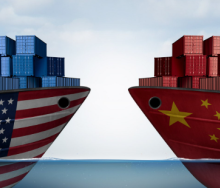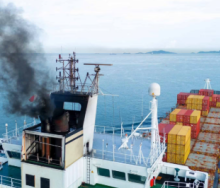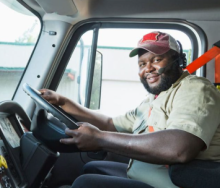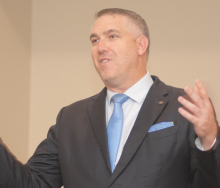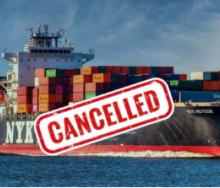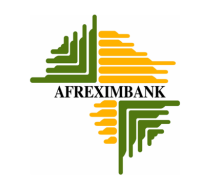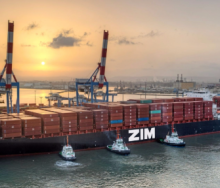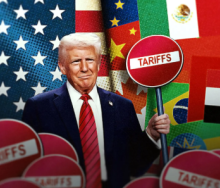A leading digital clearing bureau has written itself into the cargo industry’s history books by becoming the first software provider of its kind to enable South Africa’s inaugural shipment under the African Continental Free Trade Area (AfCFTA).
The shipment for Ghana’s steel industry from the Port of Durban has already elicited widespread interest from the global supply chain community as it heralds a first for the country and the company.
It is also widely celebrated as groundbreaking for the world's biggest trading bloc.
Easy Clear general manager, Michael Henning, said a lot of interest had been generated at the company’s offices in Ekurhuleni when the forwarding broker, a logistics concern in Kempton Park, drew their attention to the “unique and special interest” that President Cyril Ramaphosa had expressed in the shipment.
“We’re very excited because it is the first shipment under the AfCFTA, and it was processed on our platform.
“We managed and monitored the customs declaration late last night and saw to the successful release of the declaration.”
Henning said Easy Clear regarded the shipment as a significant recognition of its platform’s online clearing mechanism.
“Under the agreement, signatories of the AfCFTA get the benefit of preferential rates of duty or no duties at all. Once a customs declaration under the agreement is made, a certificate of origin is issued, the number of which is entered into the system and electronically sent to the South African Revenue Service (Sars).
“That qualifies shippers to the preferential rates of duty. Without the release from Sars via electronic data interfacing, agents will not be able to move cargo on behalf of their clients.”
From a bigger perspective, the January 31 shipment is seen as long overdue as the free-trade regime has already been in operation for more than three years.
“The AfCFTA has been touted as a new and fantastic, preferential rate agreement that will spur growth and facilitate trade, benefitting everyone. But we haven’t seen any real movement of cargo under the agreement.”
As the shipment was loaded at the port, Ramaphosa said: “Not only will it benefit our country’s producers, but it will also see a huge increase in traffic through our ports, airports and land-based border posts.”
Henning added that, considering the success with which the shipment was handled, the game is on between the handful of tech-savvy clearing bureaus capable of digital customs processing.
“You’ve got to be on top of your game if you’re in this particular industry,” he said.

